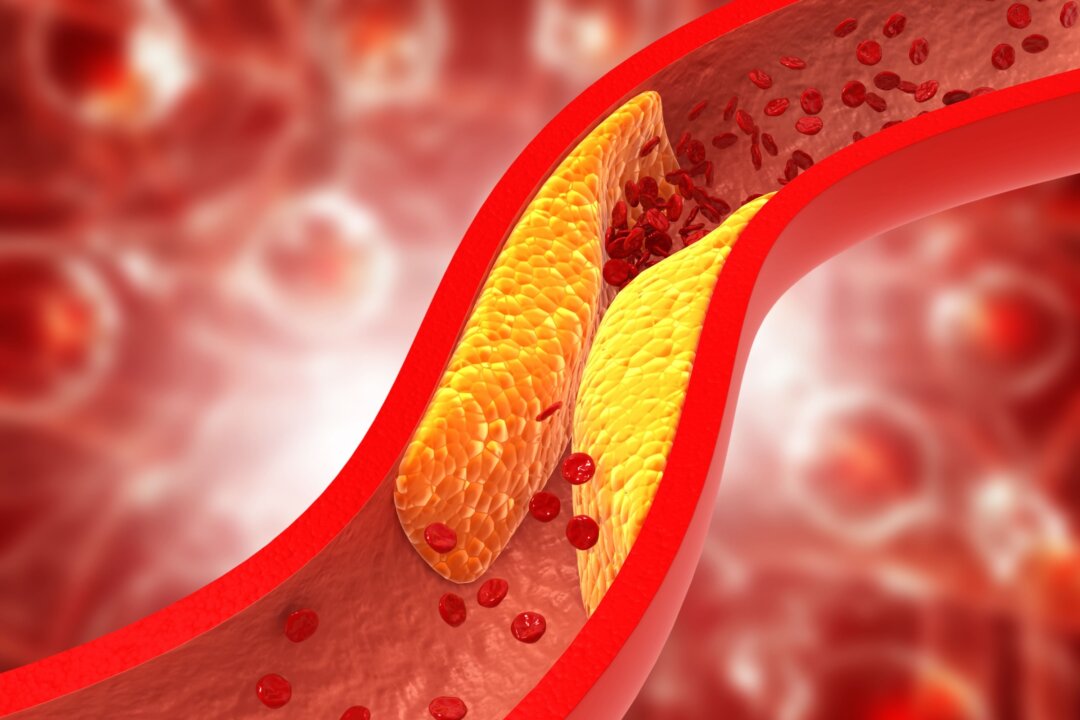Strokes and heart attacks are intimately linked to cholesterol. That’s why a major strategy of modern medicine is aimed at cholesterol reduction. But some doctors say cholesterol isn’t as deadly as we’ve been led to believe.
One of the individuals challenging the cholesterol status quo is Dayan Goodenowe. A neuroscientist and biochemical researcher, Mr. Goodenowe is known for his diagnostic prevention and treatment systems across various diseases.

“It’s not based on logic or simple facts,” he said. Vital to our health and well-being, cholesterol is a waxy lipid found throughout the body. Cholesterol is an essential ingredient of many hormones, contributes to general tissue repair, and helps provide structure to all the membranes in the body.
HDL (high-density lipoprotein) is particularly important, often called “good cholesterol.” Research shows that higher levels of HDL cholesterol can lower your risk for heart disease and stroke. “What happens in atherosclerosis is what’s called endothelial dysfunction,” Mr.
Goodenowe said. “The tightness of those cells becomes disrupted, and they become leaky.” A weak endothelial layer permits material from your blood supply to leak into the walls of your arteries, creating inflammation and plaque formation as a consequence, Mr.
Goodenowe said. Over time, the opening in the arterial hose narrows, blood flow becomes restricted, and blood pressure rises. Eventually, when the bloodstream gets completely blocked, a he.























